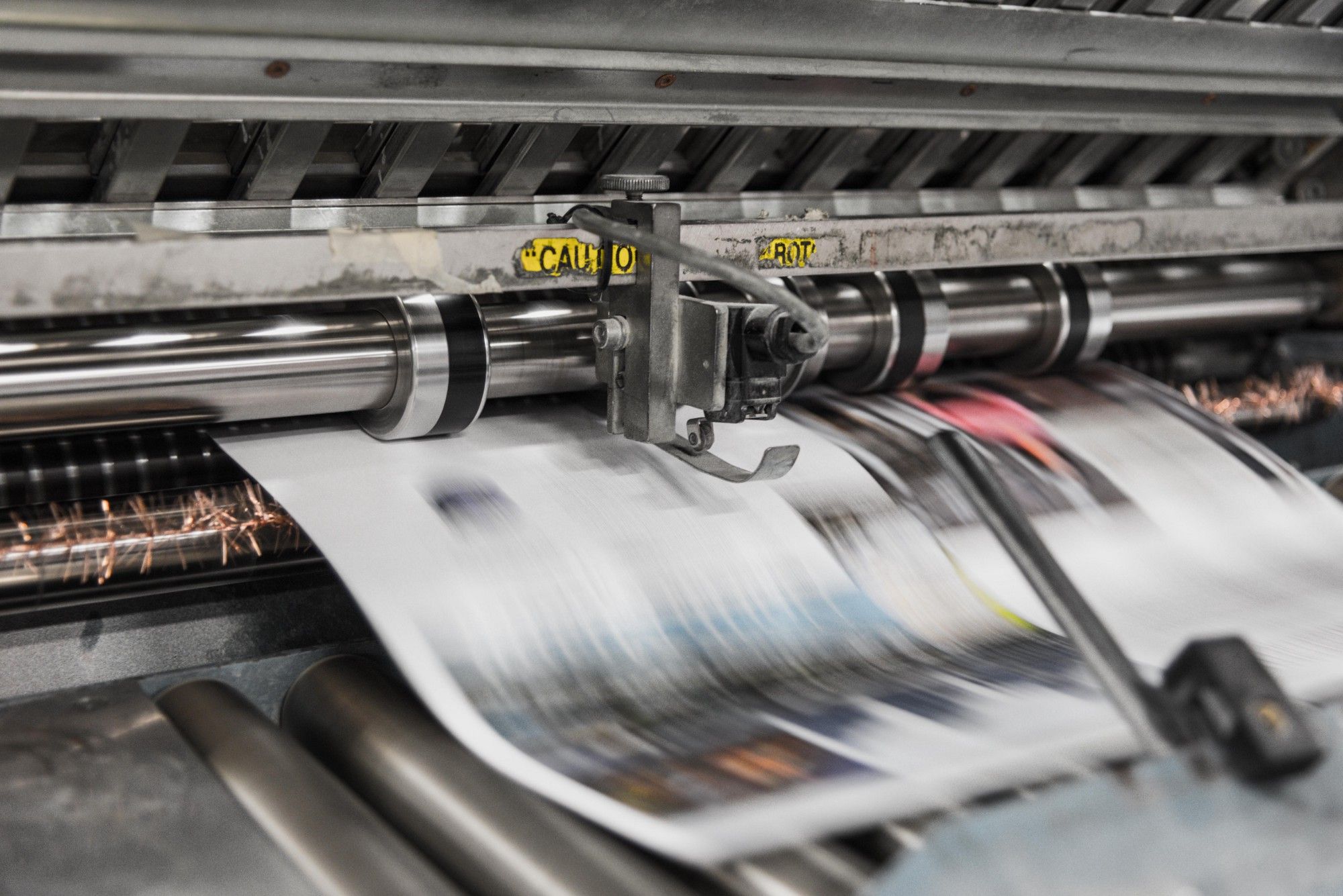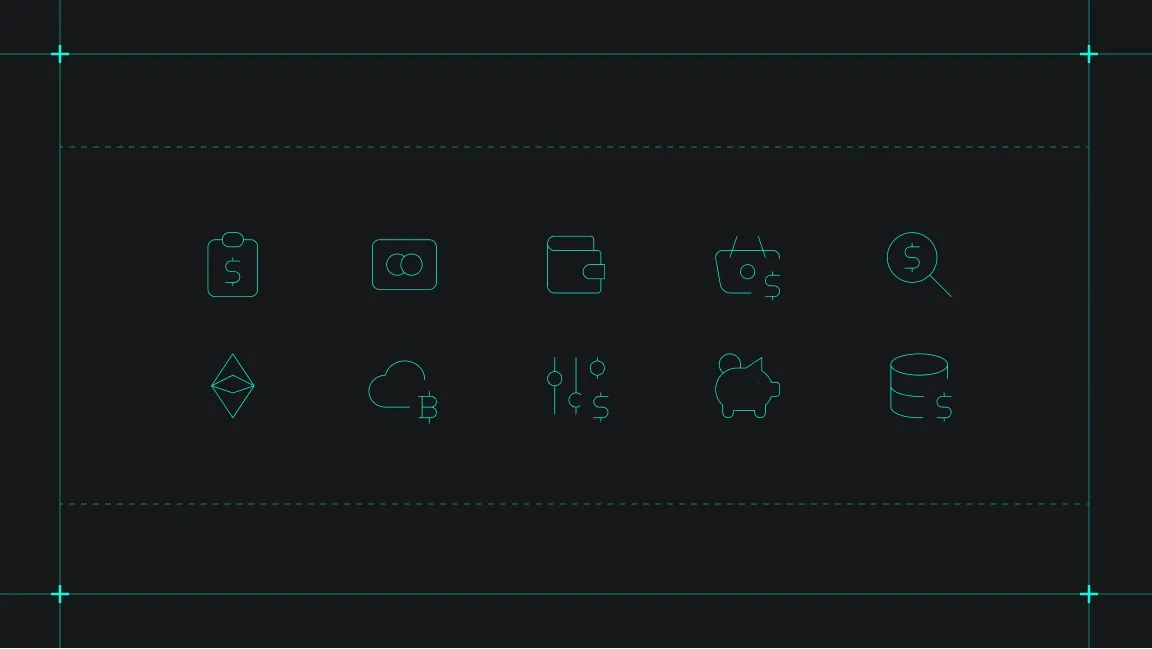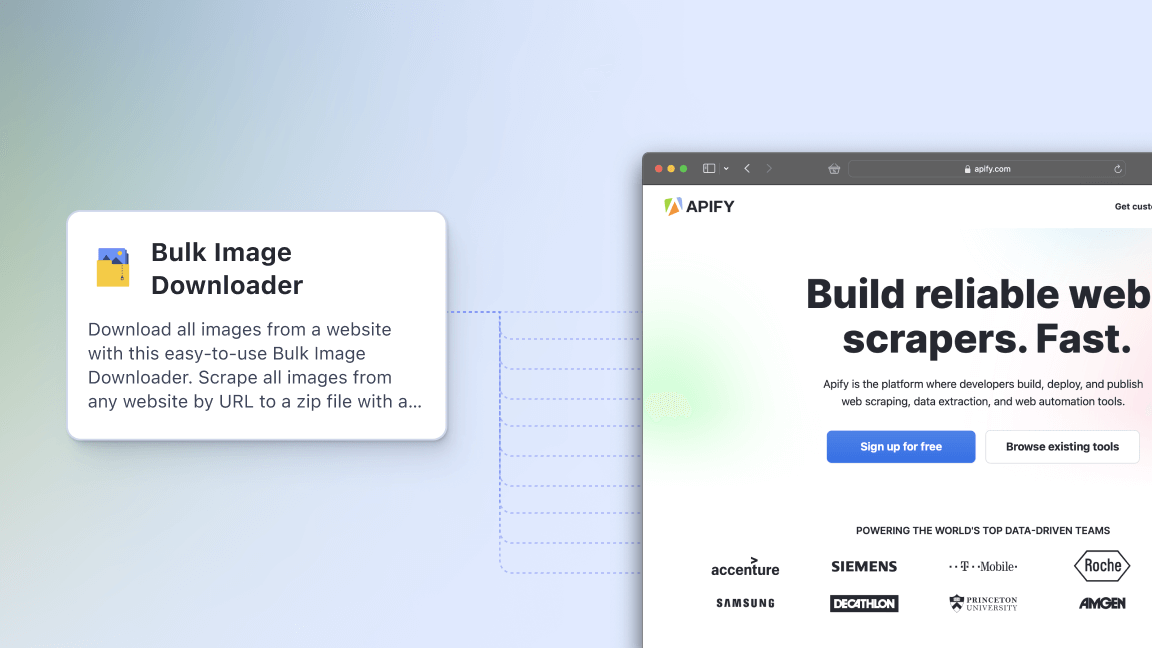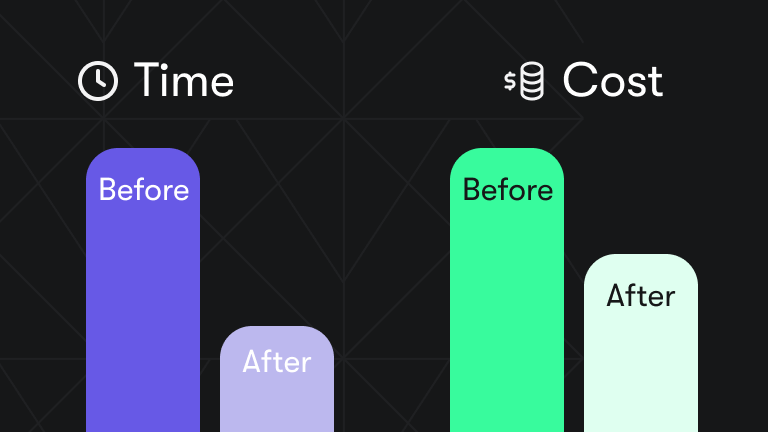Every media company has an incentive to keep up with new trends and the latest information. The bread and butter of the media is knowing what’s happening before it happens, and knowing what’s going to be popular before it pops.
The hyper-efficient way of doing this is through web scraping. And the smart way to deal with the data you collect is with robotic process automation.
Print, online, news, broadcasting, cinema, games, advertising — every facet of the media industry can benefit from scraping and automation. Before we give you some suggestions, let’s explain a couple of terms.

What is web scraping?
Web scraping is the extraction of useful data from websites. It’s also called web crawling. Anything that is publicly visible on a website can be scraped. You don’t need to go to a website and manually look at the pages. The data on those pages comes to you and you can do whatever you like with it.
Is scraping the web legal?
Although there are many misconceptions regarding web scraping, it is very much legal. Even the EU’s DSM Directive permits “any automated analytical technique aimed at analyzing text and data in digital form in order to generate information which includes, but is not limited to, patterns, trends, and correlations”. But there are still rules that apply to ethical scraping. Find out more in our legality of web scraping blog post.
What is robotic process automation?
Robotic process automation (RPA) is the use of machine learning to automate monotonous, repetitive processes. In other words, let the humans focus on the important tasks and leave the grunt work to machines.
Okay, so the terminology is out of the way. Now for some suggested ways you can use the dynamic duo of scraping 🦸 and RPA 🦸♂️
13 ways media companies can use web scraping and automation
Web scraping and RPA are like rocket fuel for the media industry. Never before has it been possible to collect so much data so easily. Here are just some of the ways that media companies can make use of modern technologies to do more, better, and faster.
1. Ad monitoring
Display ads are everywhere, and your competitors are using them to get the better of you. Web scraping allows you to keep an eye on the most popular ads they produce. Use these insights to improve your own ads and get the upper hand.
2. Search Engine Optimization (SEO)
SEO is central to getting media content viewed, read, and shared. By web scraping news sites and competitors, you can track relevant keywords on Google over time and boost your visibility.
To enhance this approach, incorporating link-building strategies can significantly amplify your online presence, creating valuable connections and increasing your content's reach.
Or keep an eye on what the competition is up to and tailor your content so that you don’t miss out on eyeballs.
3. Monitor article popularity
Sure, you need to publish, publish, and then publish even more, but you also need to publish the right content. Web scraping can allow you to use metrics such as comments or likes to track the popularity of articles on websites across the Internet, giving you a strategic view of what you should be working on and how your content will perform. Let others test the waters and then swoop in to collect even more traffic.
4. Automatic article collection
Creating a library of your competitors’ articles and posts used to be a painful process. While it’s not like you have to literally cut out and collect newspaper clippings (although if you do, maybe you should automate scanning and then running OCR on them 😉), even some of the best automated methods of archiving content are slow and inefficient.
Enter RPA 🤖
Set up the right process and it will tirelessly crawl the Internet for you, collecting and organizing all that useful content for you.
5. Automate crucial comparisons
Events in the real world can have a huge impact on the press, or they can disappear after just a whisper of interest. With a little imagination, you can use RPA to automate the comparison of these real events with the coverage in the media and gain invaluable insight into news trends.
6. Fight fake news
Fake news seems to be one of the defining characteristics of recent years. To avoid spreading it, or to get ahead of the competition and identify when they spread it, you can use automation to track and identify news reports that smell a bit fishy.
Use RPA and web scraping to compare facts, check website reputations, use keywords to flag sensational headlines — find out what’s fake before you start repeating it and avoid those embarrassing retractions.
7. Social media trends
Social media web scraping can help you find new opportunities. Tracks trends online so that you can identify articles you should write before you’re even aware of the next thing. See what teens are discussing, whether it’s anime and learning Japanese, sustainable fashion, or emerging gaming communities. You can also discover the latest up-and-coming artists and know what’s hot before it’s even hot.
8. Automate mundane tasks
In the old days of print, preflighting an edition was a slow, manual process. Much of that has been automated, but RPA means that anything that can be checked by a human can be checked by machines. If it’s a process, it can be automated. If you’re in any industry that still needs people to check that your content is good to go, maybe you can free up a little of your time — and money — by delegating the task to a workforce that, once it has been correctly set up, will never make mistakes or send out content that isn’t ready.

9. Avoid gaps in coverage
Nobody wants to miss a big story, especially if your competitors have it covered. By web scraping other news sites, you can identify gaps in your coverage before you miss out. No need to pore over other websites as they publish content. Just set your web scraper to check whenever content changes and get notifications straight to any channel you like. Email, SMS, Slack, Google Drive — Integrations mean that you can choose how you find out about what’s bubbling up in the news headlines.
10. Automated marketing
Marketing can be a time sink. RPA can help.
Automate your social media channels to post summaries as soon as you publish, including relevant hashtags and the right image, which itself can be done using a Facebook automation tool, for example.
Create ads automatically by using content straight from your site and using it to produce banner and text ads. Then track the popularity of these ads in real-time and use a process of natural selection to filter out anything that underperforms in terms of CTR.
11. Automated media buying
Programmatic media buying is here to stay, so you need to excel at it. But it’s not just RTB (real-time bidding). Use the right data to gain insight into what users, times, and prices you should be targeting and serve the right ads to the right audience.
12. Design marketable content
Content sells best when it is designed with consumers in mind. Big data will give you big insights into what the public wants. Use web scraping to work out what’s selling and what’s starting to sell and then design your content to market itself.
13. Enhance cross-selling
User choices tell you a lot about their interests and web scraping can help you extract this data. You can then use automation to analyze the data and use the insights to enhance cross-selling by recommending the right products or content to the right people.
Why use Apify?
There are a number of web scraping and automation platforms out there, so what makes Apify the top choice?
Scaling
Finding a flexible platform that will work with your company based on your circumstances is essential. At Apify, we scale data extraction services to fit your needs, no matter how changeable the project.
Collect data from any website
You choose the site, Apify covers the data extraction. We’re not fussy — whether the website is in its early stages or fully developed, Apify scrapers can extract data from it.
Bypass anti-scraping protections
Competitor monitoring is not so appealing if you are the competitor. Some websites aim to limit market research by keeping their information to themselves.
Apify’s scraping tools can extract data even if there are anti-scraping measures in place. This makes competitor product analysis available to you even if it would normally be inaccessible.
Cloud storage
Storing and exchanging data can be complicated and costly. However, Apify stores the data you need in the cloud.
Data from website scraping is used for a lot of things. It is what enables automation, machine learning, competitor monitoring, and even product analysis. This means you need fast, easy access to it.
You can easily push any data stored by Apify to your own databases via API. By storing your data in the cloud, Apify ensures you can access it at any time, from anywhere. You can download your data in lots of useful formats, including HTML table, JSON, CSV, Excel, XML, and RSS feed.
Long-term partner
Whether you need data for automation, product analysis, or market research, Apify is with you for the long haul.
We offer both ready-made and custom web scraping solutions so that you can easily extract data from any site. As websites and goals change, we maintain and adjust to provide you with lasting, quality service.
Contact us today to see how Apify can work with you to provide a custom solution for your e-commerce business.
Better content from web scraping
The blanket term “the media” may cover a lot of fields, but they all share one common need — to gain insight into what will drive traffic and attract attention.
Web scraping enables you to gather the right data from the right sources so that you can understand your audience better than ever before. Once you have the data, RPA gives you the tools to use it and optimize your content and methods to reach that audience.
Tailor the content, deliver it, analyze the reactions, and make better content. It’s a feedback loop that you can’t afford to ignore — your competitors certainly won’t.








